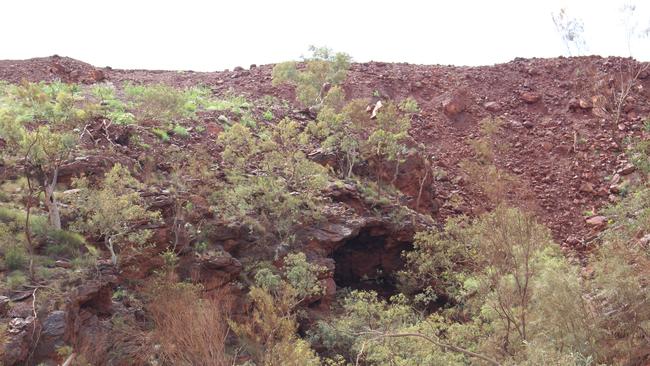WA heritage laws strain Aboriginal resources
WA’s Aboriginal heritage laws come into effect as industry and traditional owner groups contend with limited numbers of specialist workers.

The nation’s most comprehensive Aboriginal heritage laws come into effect as industry and traditional owner groups contend with limited numbers of specialist workers able to do the monitoring and survey work that is required.
Jack Cullity, director of advisory firm Mining+Heritage Legal, said Western Australia’s new Aboriginal heritage laws are an opportunity to build on an existing workforce of highly skilled and knowledgeable traditional owners who carry out surveys and monitor and care for land.
Mr Cullity also sees a risk that time-sensitive projects could face further delays as a result of very high demand for workers qualified and available to do the extra Aboriginal heritage work that will soon be required.
It is already common for the proponents of a mining or energy project in WA to wait three months for a heritage survey.
The new laws, which were proposed but not drafted when Rio Tinto destroyed the ancient Juukan Gorge rock shelters in the Pilbara in 2020, require land users to negotiate with traditional owners early and more thoroughly than in any other Australian jurisdiction.
When the laws come into effect, a director of a company that destroys an Aboriginal heritage site can be jailed for five years.
Mr Cullity believes it is essential for Aboriginal organisations to start identifying capable people within their memberships and communities who want to do the work that traditional owners and industry will soon be compelled to do under the new laws.
“It’s going to place a greater emphasis on being able to provide those people to meet the demands that the new act will require of the mining and energy industry, and really, any land user,” he said.
“It’s a great opportunity for explorers, miners and energy companies to be able to invest in that capability, to safeguard their interests and ensure they are compliant under the act.”
In Mr Cullity’s experience, explorers, miners and energy companies overwhelmingly wanted to do the right thing “and build genuine, respectful relationships with the people on whose land they were operating”.
He described the new regulatory landscape as a chance to build stronger relationships “which ultimately are going to help companies deliver quality projects with good outcomes for investors, and also local stakeholders so that everyone’s successful”.
“On the flip side, the challenge is that traditional owners and Aboriginal organisations may not be ready to negotiate and manage agreements,” Mr Cullity said.
“There are stresses on the system in terms of companies being able to get timely access and work done so that projects can meet the timeframes that have been set with boards, shareholders and the broader market.
“With this more robust process-driven regime, the concern is the capability is not there and that risks further delays to projects.”




To join the conversation, please log in. Don't have an account? Register
Join the conversation, you are commenting as Logout